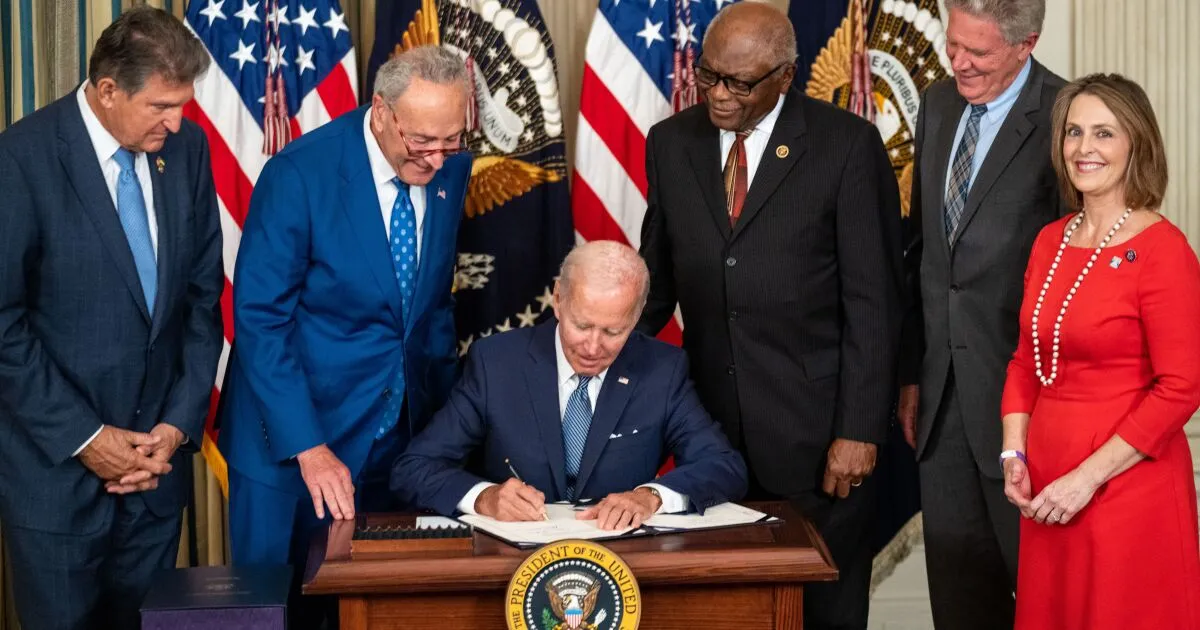I’d say we’re between ideologically good and likely to actually work and keep going. For all the faults of large corporations, they are good at lobbying and pushing for their products to keep going over decades. If there’s money to be made, they won’t give up. And as much as I hate to say it - often a major way to offset an industry group is another competing industry group.
I also tend to think that in the US anyway, market changes are a lot less politically fraught than government action. So I think trying to engage both is a good idea. While there were holdouts on LED lightbulbs, I know masses of people also switched as soon as it was cheaper and more convenient. The “problem” with current environmental led and government pushed decarbonization is it really only reaches early adopters and people for whom it is a major passion point. Which is enough to get something started, but not enough to make a mass change.
One thing I do think this misses is that environmentalism isn’t just about decarbonization. I think it’s important to not frame this that way, unlike the article. Plenty of people are suspicious of permitting these mass uses of public land - if it’s a big company making LOTS OF MONEY, why can’t they buy land to use? That said, if the public land isn’t a nature preserve, then I think the government could promote clean energy by permitting that and not fossil fuels. It seems like the current groups would both be for that on the environmental side.


